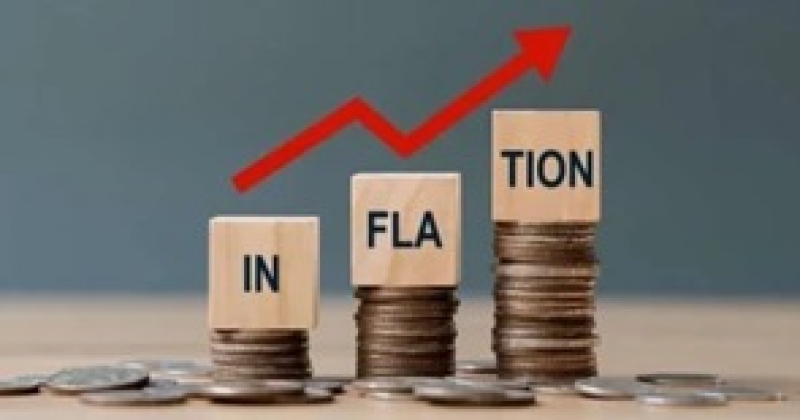- Record-breaking CO₂ surge in 2024 threatens global warming: UN |
- Dhaka stocks tumble as DSEX plunges 80 points |
- July Charter signing to be an occasion of national celebrations: Yunus |
- Passenger bus in northern India catches fire: 20 people burn to death |
- Voting start in Ctg Varsity Central Students Union elections |
Inflation in Bangladesh edges up to 8.36% in September

Inflation table_11zon
The point-to-point inflation in Bangladesh edged up slightly to 8.36 percent in September, from 8.29 percent in August.
According to data released by the Bangladesh Bureau of Statistics (BBS) on Monday, the rate was significantly higher at 9.92 percent during the same month last year.
Inflation has now remained above 8 percent for more than three years since August 2022.
The BBS data shows that both food and non-food inflation increased in September. Food inflation rose to 7.64 percent from 7.60 percent in August, while non-food inflation climbed to 8.98 percent from 8.90 percent.
A year earlier, in September 2024, food inflation stood at 10.40 percent and non-food inflation at 9.50 percent.
Rural areas experienced slightly higher inflationary pressure than urban areas last month. Rural inflation rose to 8.47 percent in September from 8.39 percent in August. In the same month last year, it was 10.15 percent.
In rural regions, food inflation edged up to 7.54 percent from 7.50 percent, while non-food inflation increased to 9.40 percent from 9.28 percent.
In urban areas, overall inflation inched up to 8.28 percent in September from 8.24 percent the previous month. Urban food inflation rose to 7.94 percent from 7.87 percent, while non-food inflation moved slightly higher to 8.51 percent from 8.49 percent.
Meanwhile, the BBS data shows that the general wage growth rate slipped to 8.02 percent in September from 8.15 percent in August. In September last year, the rate was 8.01 percent — marking the 44th consecutive month that wage growth has trailed behind inflation. - UNB

